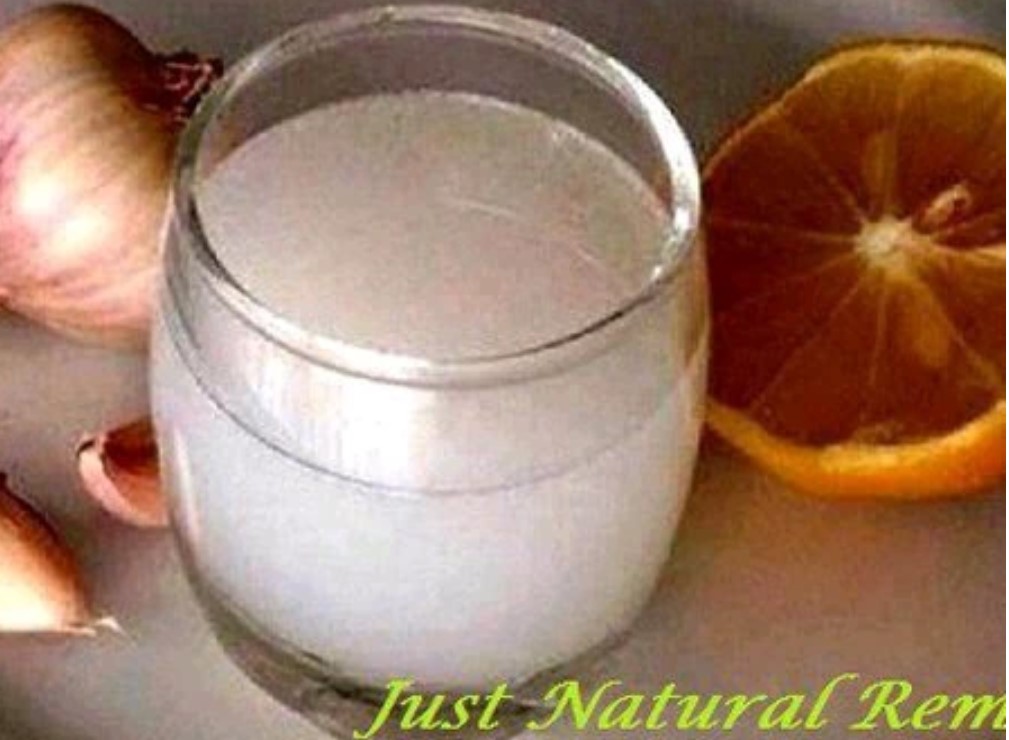Who was Dele Giwa?
Dele Giwa was a renowned Nigerian journalist and the editor-in-chief of Newswatch Magazine which he co-founded with Ray Ekpu, Dan Agbese and Yakubu Mohammed in 1984.
Dele Giwa was known to be an ardent lover of truth. In his days, he devoted his time to exposing the corrupt and illegal deeds of the Nigerian government and politicians which earned him the people’s recognition, support and trust…Click Here To Continue Reading>> …Click Here To Continue Reading>>
It was alleged that the Nigerian government saw Dele Giwa as a threat and eliminated him to keep their deeds out of the news.
On the 19th of October, 1986, Dele Giwa was killed in his house, No 25, Talabi Crescent, off Talabi street, Adeniyi Jones Avenue, by a letter bomb which was said to have been delivered by Buba Marwa, a former military administrator of Lagos State.
The bomb explosion at first left Dele Giwa seriously injured and later killed him while Mr Kayode Soyinka, Dele Giwa’s colleague who was present during the bomb blast, was temporarily deafened.
Gloria Okon’s case
Dele Giwa was said to have been working on the case of one Gloria Okon who was smuggled secretly out of Nigeria after her arrest by the drug enforcement agency for peddling hard drugs.

Dele Giwa, known for his unwillingness to stay subservient to the government, did not desist from fishing out the truth about Gloria Okon despite several warnings to back off. This supposedly led to his untimely death. Another source claimed that Dele Giwa was working on a secret video clip of Mamman Vatsa’s testimonies shortly before his execution.
Several issues sprang up about those behind the assassination of Dele Giwa. Below is an interview Professor Taiyemiwo Ogunade granted Sahara Reporters in 2009.
In the interview, Professor Taiyemiwo Ogunade claimed that “it was Buba Marwa who delivered the letter to Dele Giwa and this Buba Marwa was one of Ibrahim Babangida’s boys”.
The Interview
Saharareporters: Do you know who delivered the bomb that killed Dele Giwa?
Ogunade: I believe that Buba Marwa did it. Some Mamman Vatsa boys told the full story in New York during a visit to my college to lobby our college to accept to train Nigerian military officers. Ambassador Olusola was on that entourage. My informant told me Dele Giwa was killed because he was in possession of a tape containing Vatsa’s testimony before the military tribunal.
For four hours, Vatsa requested to tell the full story about how the Babangida regime was operating and his knowledge of the workings of IBB’s mind. He pointed out that after Halilu Akilu and Col. A.K Togun of the military intelligence prepared the parcel it was handed over to Buba Marwa to deliver to Dele Giwa. Marwa is a well–known “IBB boy”. But I was the one who gave Dele Giwa the tape.

Saharareporters: How did you get the tape?
Ogunade: Vatsa had a copy made by his friends in the tribunal and smuggled out to me and I “loaned” it to Dele Giwa who got on the case immediately. I still don’t know how Dele Giwa found out that I had the tape till this day.
Saharareporters: Do you still have a copy?
Ogunade: Yes, but you know I left Nigeria hurriedly after the death of Dele Giwa. I left the tape with my aged mother, who did not know the value then. I won’t say more, let the military release that tape to the Nigerian public. READ FULL STORY HERE>>>CLICK HERE TO CONTINUE READING>>>
Saharareporters: Did Dele Giwa return the tape to you?
Ogunade: Yes, he returned it after 24 hours. Don’t forget that I loaned it to him; I think he went and played it to Babangida’s people and they eliminated him after they heard the tape.
Saharareporters: What about Gloria Okon? It’s been said that Dele Giwa’s discovery of her was the reason he was killed?

Ogunade: Gloria Okon is actually Chinyere, that’s her real name. She married Charles “Jeff” Chandler, the fellow who killed Nzeogwu and was killed a day later. Chinyere, Maryam and Princess Atta were young friends who hung out together. They all married into the military, because the military was a proud and respectable profession then.
Charles Chandler, who was Tiv, married Chinyere who I think is from Imo State. IBB married Maryam from Asaba and Mamman Vatsa married the princess. So Chinyere became a widow and resorted to trading between UK and Nigeria.
And then she was caught with drugs; Mamman Vatsa was the person who put Chinyere on the next available flight from Kano to London – and then claimed that she was dead by parading a dead woman picked out of the mortuary. Dele Giwa later found out that she was in London having delivered a baby by another man. He sent a French photographer to the place and they saw Maryam Babangida at the event. Kayode Soyinka brought back the photographs.
Dele was sitting across the table from Kayode examining the photos taken of “Gloria Okon” (Chinyere, Richard Chandler’s wife) at the naming ceremony in London. Maryam Babangida was there. And then a letter parcel was delivered to him and he said excitedly that it must be from “Mr. President” referring to the discussions he had with IBB days earlier. The bomb exploded and severed his lower abdomen; he died a few hours later.
Saharareporters: Did you ever meet Marwa again? And did you ask him about his involvement?
Ogunade: Yes, Marwa was very active in the Nigerian embassy in New York. For a long time, he was the “military attaché” to the Nigerian mission in New York while I was a professor of Black Studies at the City University of New York.
He came to my college to sign a $30 million contract with the college so that members of the Nigerian military could attend a “Peace and Conflict Resolution program” and then be awarded a masters degree upon completion of the program.
I fought bitterly against it, but the chair of the department, John Muyibi Amoda, badly wanted the money. I kept fighting and one day the college authorities acceded to my request. When I got home the college had dismissed me, but also I got a fax message saying the $30 million had been returned to Marwa.
But between Marwa and Abacha they never returned that money to the Nigerian treasury. They shared it. I heard between him and Abacha, over $250 million was laundered through an account used by the New York mission of the Nigerian embassy. Marwa later set up an airline with his share of the loot.
When he showed up to run for president I was the one who petitioned the Economic and Financial Crimes Commission (EFCC) to investigate him. He confessed to money laundering in handwritten statements to the EFCC, but today he is the ambassador of Nigeria to South Africa. The police officer that investigated him, Ibrahim Magu, is permanently suspended from the police force after he was humiliated by the EFCC. It is a shameful country.
End of interview

Those responsible for Dele Giwa’s death, till today, are yet to be officially identified and this supposedly led to the death of his octogenarian mother, Madam Elekiya Ayisat Giwa, in 2013 at the age of 87. The death of Dele Giwa remains one of Nigeria’s top assassinations.




















